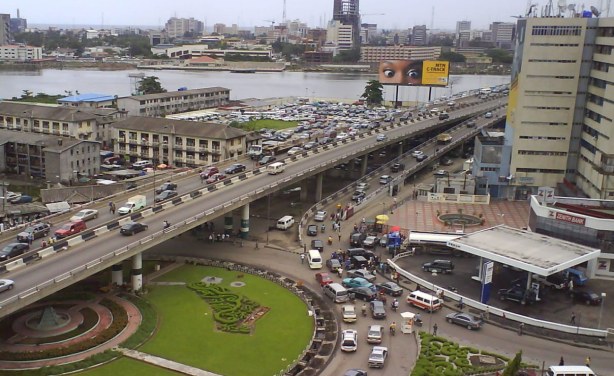Nigeria’s economy grew by 4.6% in the last quarter of 2024, showing signs of strong recovery. The World Bank’s Lead Economist for Nigeria, Alex Sienaert, says the country’s business sector is bouncing back, and the growth is expected to continue into early 2025.
Sienaert attributed the economic momentum in part to the country’s foreign exchange reforms, which have created a more unified, market-reflective, and stable exchange rate. As a result, the Central Bank of Nigeria has been able to rebuild its official reserves, now exceeding $37 billion.
“That’s significant because this is the cushion the economy has against external volatility,” Sienaert noted.
He also highlighted a sharp improvement in government revenue, which rose by 4.5% of GDP in 2024. This, he said, was a “remarkable achievement” fueled by the removal of foreign exchange subsidies, enhanced tax administration, and increased remittance flows.
The fiscal gains helped reduce Nigeria’s budget deficit to an estimated 3% of GDP in 2024, down from 5.4% in 2023. However, Sienaert cautioned that the full revenue benefit from the removal of fuel subsidies has yet to be fully realized.
Despite the positive growth trajectory, Nigeria continues to face persistent high inflation. Sienaert emphasized the need for continued tight monetary policy and disciplined fiscal management to keep inflation under control.
The World Bank’s report comes on the heels of Nigeria’s full repayment of the $3.4 billion emergency loan secured from the International Monetary Fund (IMF) in April 2020. The loan, obtained under the IMF’s Rapid Financing Instrument, was aimed at mitigating the economic impact of the COVID-19 pandemic and falling oil prices.
Read More:
World Bank charges CBN on inflation-control measures
Nigeria’s inflation rate hits 34.80% in Dec, reflecting economic strain
5 ways to hedge your Naira against inflation
Nigeria completed its final repayment on April 30, 2025—well ahead of schedule—marking a major milestone in the country’s debt management. With this, Nigeria has been removed from the IMF’s list of debtor countries.
However, the country is still obligated to make annual payments of approximately $30 million in Special Drawing Rights (SDR) charges, covering service and administrative fees, through 2029.



